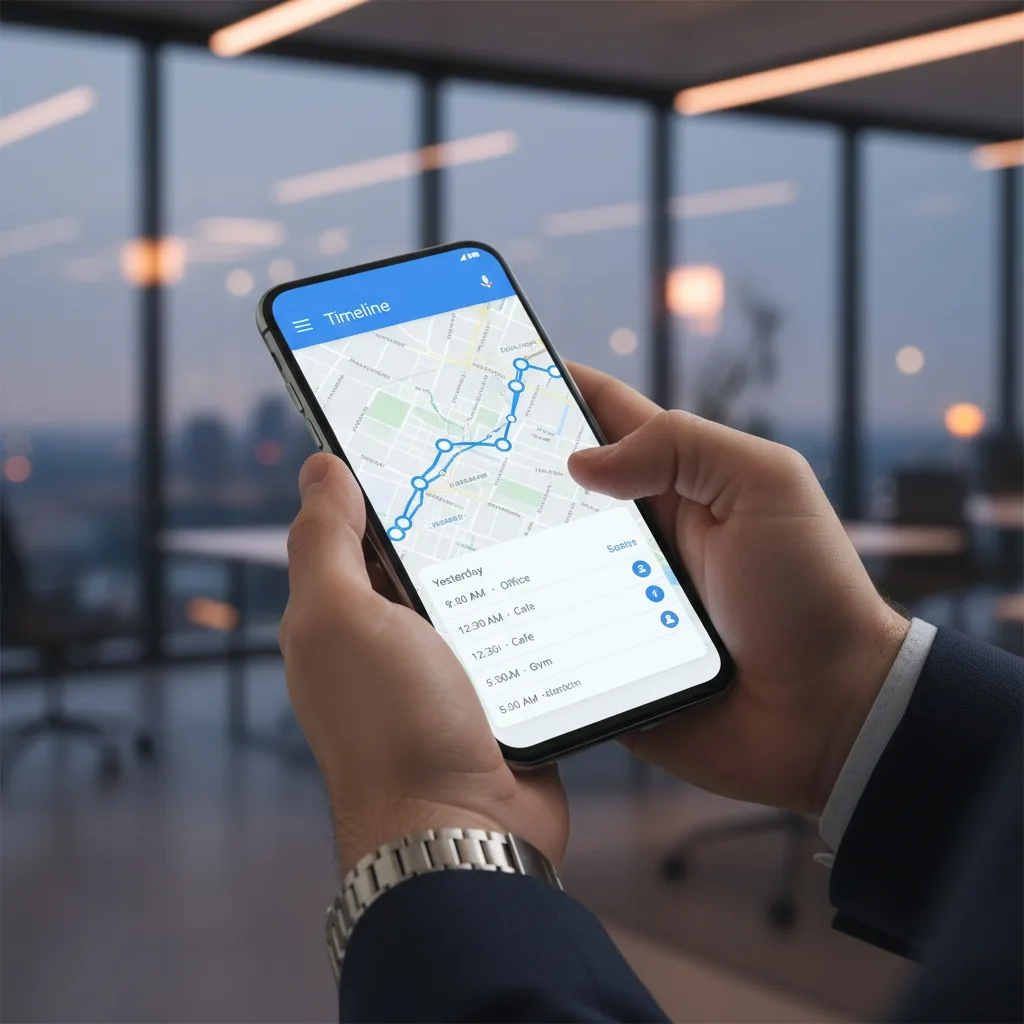
Your phone knows more about you than you think. And if you’re hiding something, it’s probably already told us.
That’s the key finding from Investigation Hotline’s latest analysis of 18 months of infidelity cases across Ontario, a report that’s been making headlines across North America.
The Numbers Don’t Lie
Our team analyzed hundreds of matrimonial investigation cases from across the Greater Toronto Area, and the results are striking: 85% of infidelity cases now involve digital evidence. That’s up from nearly zero just a decade ago.
“Ten years ago, catching a cheating partner required weeks of physical surveillance,” says Mitchell Dubros, lead investigator at Investigation Hotline. “Today, people are surveilling themselves. They check in at restaurants, post photos with timestamps, and leave digital breadcrumbs everywhere. Our job hasn’t gotten harder—it’s gotten faster.”
Toronto’s Infidelity Hotspots
Our data revealed clear geographic patterns across the GTA:
Inner Suburbs Lead the Way Mississauga, Brampton, and Vaughan collectively represent about 35% of our infidelity caseload, with Mississauga alone accounting for approximately 15% of total cases.
Downtown Toronto Neighborhoods like Yorkville, King West, Liberty Village, and the Entertainment District account for 18% of investigations. These urban cores generate cases where digital evidence plays an especially prominent role due to the high concentration of restaurants, bars, and hotels that people tag themselves in on social media.
Established Residential Areas Midtown and East End Toronto areas—North York, Scarborough, the Beaches, the Danforth, and Leslieville—make up roughly 20% of our caseload.
Affluent Suburbs Oakville, Richmond Hill, Markham, Thornhill, and Woodbridge represent another 15% of investigations, often involving high-net-worth clients seeking surveillance combined with digital forensics.
How Social Media Changed Everything
The types of digital evidence we now encounter daily would have been impossible to gather just years ago:
- Instagram geotags that contradict stated locations
- Facebook photos with suspicious timestamps
- Snapchat location sharing left enabled unknowingly
- Dating app activity visible through linked accounts
- Google location history from shared devices
- TikTok videos revealing locations and timeframes
- Apple “Find My” showing patterns inconsistent with schedules
“People forget their phone tracks everywhere they go,” Dubros notes. “We’ve solved cases in 48 hours because an iPhone location showed them at the same address repeatedly. They didn’t need us to follow anyone. The phone already did it.”
Real Cases, Real Evidence
The evidence speaks for itself. We’ve seen cases where:
- Someone swore they were working late, but their Instagram story showed they were tagged at a bar in Liberty Village at 9 PM
- A business trip to Montreal was contradicted by Uber receipts showing a completely different location
- A smartwatch sharing workout locations revealed someone going to the same gym in Etobicoke every morning—a gym two blocks from someone else’s condo
Traditional Surveillance Isn’t Dead—It’s Evolved
While digital evidence has transformed our work, traditional investigative skills remain crucial. Physical surveillance now represents about 40% of our work in infidelity cases, down from nearly 90% a decade ago.
“We still do surveillance when needed,” Dubros clarifies. “But now it’s usually to confirm what digital evidence is already telling us.”
Just as important are interviews with witnesses, neighbors, coworkers, friends, and family.
“Digital evidence tells you where someone was and when. Interviews tell you why,” Dubros explains. “Neighbors notice cars parked at odd hours. Coworkers see patterns. Friends hear stories that don’t add up.”
Media Coverage
Our findings have attracted significant attention from media outlets across North America, including:
The widespread coverage reflects growing public interest in how technology is changing relationships, privacy, and investigations.
What This Means for You
If you suspect infidelity, don’t ignore your gut, but don’t confront without evidence either.
“The worst thing you can do is tip someone off before you have the full picture,” Dubros advises. “If you confront based on suspicions alone, they’ll just get better at hiding it.”
Document what you’re seeing: screenshots, dates, times, behavioral changes. Then reach out to a professional.
“Come to us with your observations,” he says. “Maybe it’s nothing. But if something is going on, we’ll find it. In 2025, with the amount of digital evidence people generate every day, it’s harder than ever to hide an affair for long.”
You can read more about our infidelity investigation process here.
About Investigation Hotline
Investigation Hotline is Ontario’s highest-rated licensed private investigation firm, serving clients across Canada, internationally, and with an established presence in Mexico. With over 30 years of experience, our team specializes in infidelity investigations, corporate due diligence, surveillance, digital evidence analysis, and background investigations.
All our investigators are licensed, insured, and trained in current investigative techniques, including digital forensics and cyber investigations.
Need answers? We’re here to help.
To learn more, contact Investigation Hotline at +1 416-205-9114 or Speak with the Experts Now



















